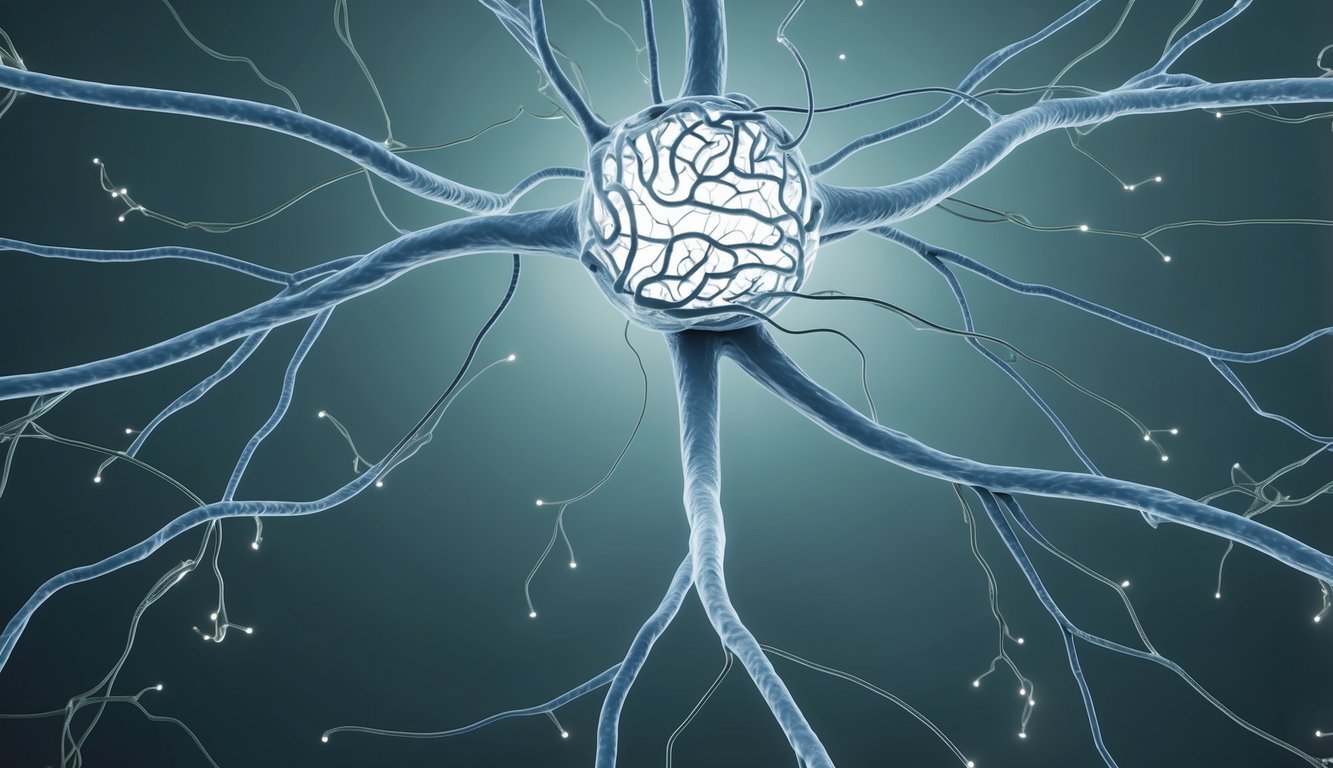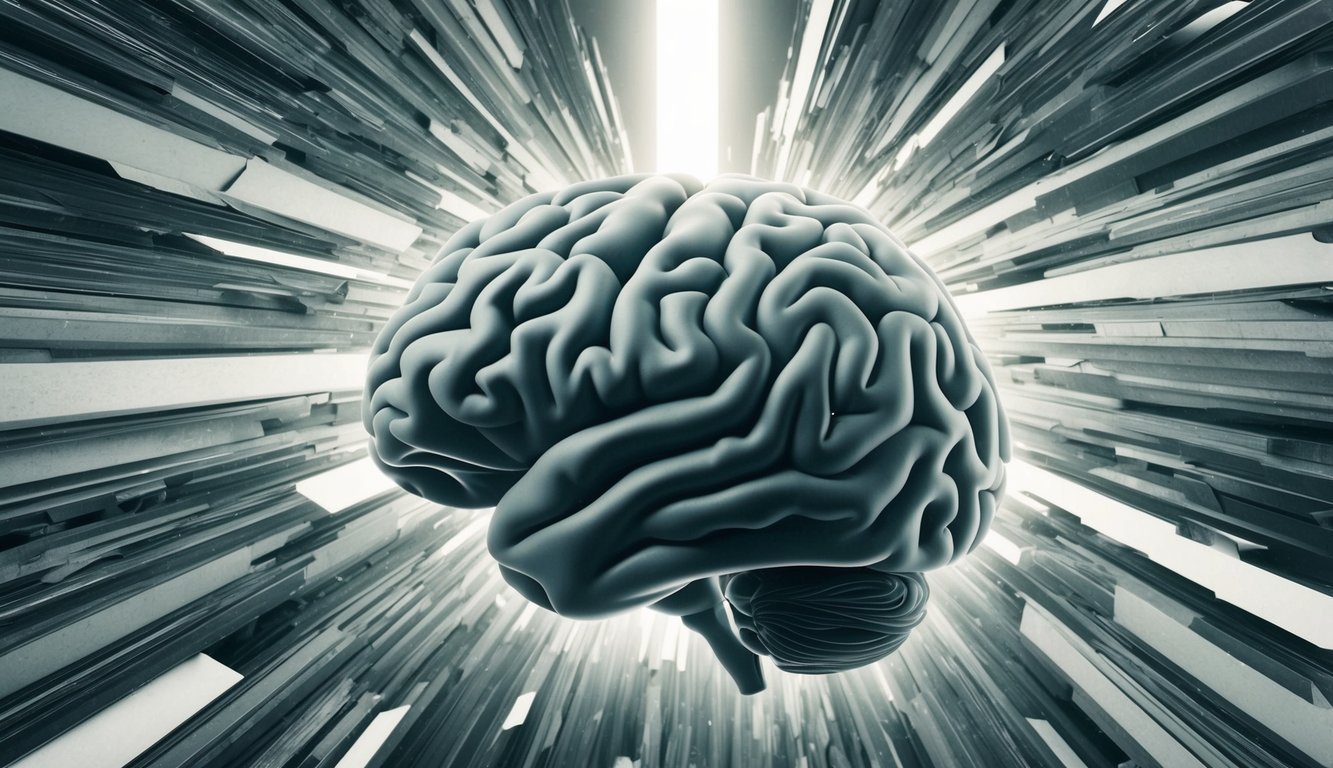PsychNewsDaily Publishers
100 Summit Drive
Burlington, MA, 01803
Telephone: (320) 349-2484
PsychNewsDaily Publishers
100 Summit Drive
Burlington, MA, 01803
Telephone: (320) 349-2484
Psychological misconceptions, often perpetuated by media and outdated theories, distort perceptions of mental health, influence decision-making, and contribute to stigma surrounding mental illness.

Misunderstandings surrounding psychology are widespread and can significantly influence perceptions of mental health and human behavior. These myths often result from simplified explanations or outdated facts. It is essential to identify and rectify these misconceptions to foster progress in psychological science and enhance mental health awareness.
Psychological misconceptions refer to incorrect beliefs about human behavior and mental processes that contradict established scientific evidence. These erroneous notions can endure regardless of opposing research, commonly arising from intuitive theories, media representations, or outdated psychological models.
Key sources of these misconceptions include:
These misunderstandings can vary from harmless myths to potentially damaging beliefs that influence decision-making and behavior.
Numerous psychological myths are deeply rooted in popular culture. Some common misconceptions include:
These beliefs often persist despite scientific evidence to the contrary. Identifying and addressing these myths is crucial for fostering accurate psychological knowledge.
Efforts to debunk these misconceptions are made by educators and researchers through:
A notable misconception is the belief that psychology lacks scientific rigor. In truth, psychology utilizes scientific methods to explore human behavior and mental processes.
Key elements that define psychology as a science include:
Psychologists employ a variety of research techniques such as experiments, surveys, and brain imaging. These approaches enable them to test hypotheses and develop evidence-based theories about human behavior and cognition.
Recognizing psychology as a science is vital for appreciating its role in mental health treatment, education, and other practical applications.

Psychological myths originate from various sources and can profoundly shape public perceptions and practices. These misconceptions influence how mental health is viewed, impact educational approaches, and perpetuate erroneous beliefs about human behavior.
Popular psychology books, films, and television often provide oversimplified or incorrect representations of psychological concepts. Such media outlets can inadvertently disseminate misinformation to a broad audience.
Social media serves to amplify the spread of these psychological myths, enabling unfounded claims to reach millions in a short period. Sensationalized content and clickbait headlines contribute to the endurance of these misconceptions.
Celebrity endorsements of pseudoscientific psychological theories can lend unwarranted credibility to these myths. Their influence might encourage people to adopt unverified practices or beliefs about mental health and behavior.
Psychological myths can intensify the stigma surrounding mental illness. Misunderstandings regarding the origins and nature of mental health disorders may result in discrimination and social ostracism for those impacted.
Incorrect assumptions about the effectiveness of treatments can dissuade individuals from seeking professional help. This hesitation may exacerbate the struggles of those facing psychological challenges.
Some myths depict mental illness as a personal flaw or weakness, rather than a genuine health condition. Such mischaracterizations can lead to feelings of self-blame and diminished self-esteem among those experiencing mental health difficulties.
Misunderstandings in educational psychology can affect teaching methods and learning strategies. Beliefs in discredited concepts such as learning styles may cause educators to apply ineffective techniques in the classroom.
Psychological myths can shape curriculum development and educational policy-making processes. Erroneous assumptions about human behavior and cognition may lead to the adoption of less effective learning programs.
If not consistently updated with evidence-based practices, teacher training programs may unintentionally perpetuate psychological myths. This can contribute to the continued spread of misinformation to new generations of pupils.
Addressing these misconceptions through precise educational initiatives can enhance teaching practices and student results. Providing educators with accurate, current psychological knowledge is critical for fostering effective learning environments.

Neuromyths are prevalent misunderstandings about the brain and learning that continue to exist within educational contexts. These misconceptions can lead to ineffective teaching methods and wrong interpretations of cognitive processes.
The belief that people are solely left-brained or right-brained is a popular yet inaccurate notion. This myth implies that logical thinkers predominantly utilize the left hemisphere, while creative individuals rely more on the right hemisphere.
In reality, brain imaging research indicates that both hemispheres collaborate for most tasks. Complex cognitive functions typically involve multiple brain regions across both sides.
Although certain tasks may be more lateralized, the brain functions as an interconnected whole. Creativity and logic are not confined to one hemisphere; both require cooperation between the two sides.
The theory of learning styles posits that individuals learn most effectively when information is delivered in their preferred sensory modality (visual, auditory, or kinesthetic). This idea has seen widespread adoption in educational settings.
However, research does not substantiate the effectiveness of aligning teaching methods with preferred learning styles. While individuals may have preferences, there is no solid evidence indicating that customizing instruction to these preferences enhances learning outcomes.
Effective learning encompasses the engagement of multiple sensory inputs and cognitive processes. Teaching approaches should prioritize the content itself rather than presumed learning styles.
The chemical imbalance theory concerning mental disorders, particularly depression, has garnered significant public acceptance. This theory suggests that conditions like depression are solely the result of imbalances in brain chemicals like serotonin.
Recent studies challenge this oversimplified perspective. Mental health disorders are multi-faceted, involving a variety of factors including genetics, environment, and life experiences.
While neurotransmitters do influence mental health, their role is more complex than a mere imbalance. Treatment strategies should take into account the intricate nature of mental health conditions rather than merely focusing on chemical adjustments.

Assessing psychological theories and research findings necessitates critical thinking skills. Effective approaches can assist in dispelling misconceptions and cultivating accurate knowledge within the field.
Critical thinking is fundamental for evaluating psychological claims. Students are encouraged to examine assumptions, scrutinize evidence, and explore alternative explanations. Psychologists apply skepticism to assess theories and research findings.
Developing critical thinking abilities involves:
These competencies facilitate the distinction between scientific evidence and pseudoscience within psychology.
Empirical evidence constitutes the bedrock of psychological understanding. Researchers utilize experiments, surveys, and observational studies to explore hypotheses and theories.
Robust empirical backing comprises:
Psychologists examine the caliber and volume of evidence supporting differing claims. This evaluation process aids in differentiating well-established theories from unsupported assertions.
Educators can implement a range of techniques to tackle misconceptions and promote accurate psychological understanding.
Active learning methods engage students and foster critical thinking.
Successful teaching strategies include:
Instructors should adapt their teaching approaches to the needs and learning styles of their students.
Targeted educational interventions aimed at specific misconceptions can aid students in gaining a more precise understanding of psychological concepts.
“`